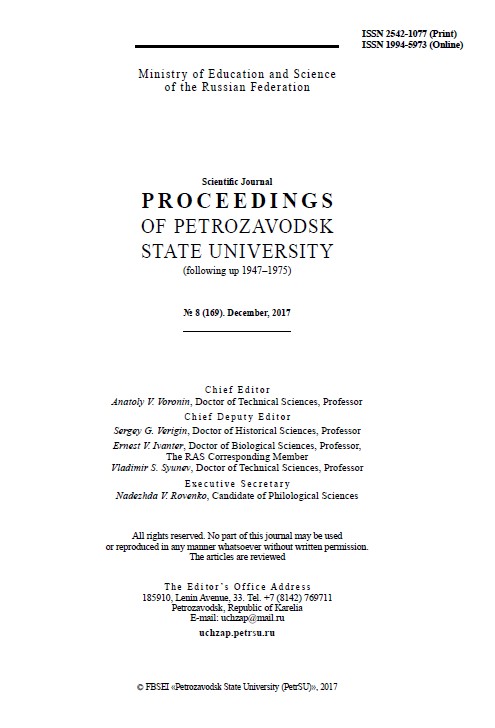БИОХИМИЧЕСКИЙ СОСТАВ ОРГАНИЧЕСКОГО ВЕЩЕСТВА ПОЧВ СОСНОВЫХ ЛЕСОВ КАРЕЛИИ
BIOCHEMICAL COMPOSITION OF THE SOIL ORGANIC MATTER IN PINE FORESTS OF KARELIA
Author(s): Olga Nikolaevna BakhmetSubject(s): Physical Geopgraphy, Regional Geography
Published by: Петрозаводский государственный университет
Keywords: organic matter; soil, taiga; biochemical composition; carbohydrates; cellulose; humic acids;
Summary/Abstract: The ecological series of podzolic soils in pine forests was studied for the biochemical composition of organic matter and the content of both labile and stable compounds. In the surveyed soils, water soluble compounds (mono- and disaccharides) account for a minor part of the carbohydrate pool; their highest contribution is observed in the ferric Podzol in bilberry pine forests. Both the decrease and the increase of moisture in the soil deteriorate conditions for litter transformation. As a result a process of slow accumulation of mineralizable insoluble polymerized carbohydrates (cellulose and stable hemicelluloses) occurs. In the studied soils the organic matter contained no calcium-bound humic or fulvic acids (fraction II), and very little, if any, humic and fulvic acids tightly bound to sesquioxides (fraction III). Both humic and fulvic acids of Podzols were represented by labile forms either bound to sesquioxides or in free state, which is generally typical of podzolic soils in Karelia. A comparative analysis of the biochemical composition of the soil organic matter in coniferous and deciduous forests showed that the input of deciduous litter fall creates a higher rate of plant residues’ transformation. In contrast to the coniferous forest substrate, these soils contain more labile carbohydrates, and humic acids prevail over fulvic acids.
Journal: Ученые записки Петрозаводского государственного университета
- Issue Year: 2017
- Issue No: 8 (169)
- Page Range: 7-12
- Page Count: 6
- Language: Russian

